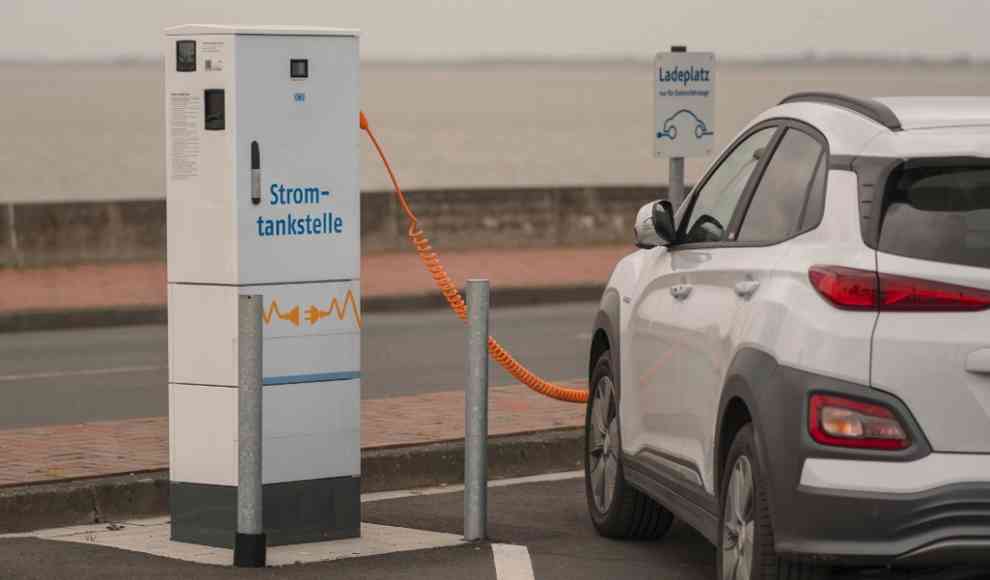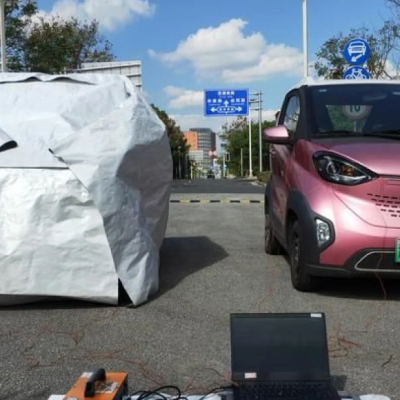A new navigation algorithm has been developed that can reduce waiting times at charging stations for electric cars by up to 97 percent. The use of electric cars in Germany has increased significantly in recent years. However, surveys have shown that the range on long-distance trips and the long charging times are major concerns for potential buyers. Additionally, a lack of charging stations on heavily traveled routes means that electric cars often have to wait a long time before they can begin charging. To address this issue, scientists from TU Berlin and Uni Paderborn have developed a navigation algorithm that takes into account driving, waiting, and charging times and adjusts them automatically during the trip.
The technology is based on a conventional navigation system that uses contraction hierarchies to determine the most time-saving route, taking into account numerous factors. In addition, data from a central charging station database, the “Central Charging Station Database” (CSDB), will be used. This database contains information about which charging stations are currently occupied and which alternative charging stations can be used. The holistic route planning thus expands the conventional navigation system to include the utilization of charging stations in order to determine the most time-saving route.
To test the effectiveness of their idea, the researchers created a simulation of the roads and highways in Germany, on which many electric cars were traveling long distances. Without exchanging data via the CSDB, this led to a very uneven utilization of the charging stations. With the CSDB, however, the utilization of the charging stations was much more even. This reduced waiting times at charging stations by up to 97 percent. The simulation also showed that even if only a portion of electric cars use the CSDB, the overall travel time for all electric cars is significantly reduced. However, for navigation systems to be supplemented with the CSDB, the numerous operators of charging stations would have to agree to exchange data, which is currently not common in Germany.
In conclusion, the new navigation algorithm developed by scientists from TU Berlin and Uni Paderborn has the potential to significantly reduce waiting times at charging stations for electric cars. By taking into account driving, waiting, and charging times and adjusting them automatically during the trip, the algorithm can determine the most time-saving route. However, for this technology to be widely implemented, charging station operators would need to agree to exchange data via the CSDB.










